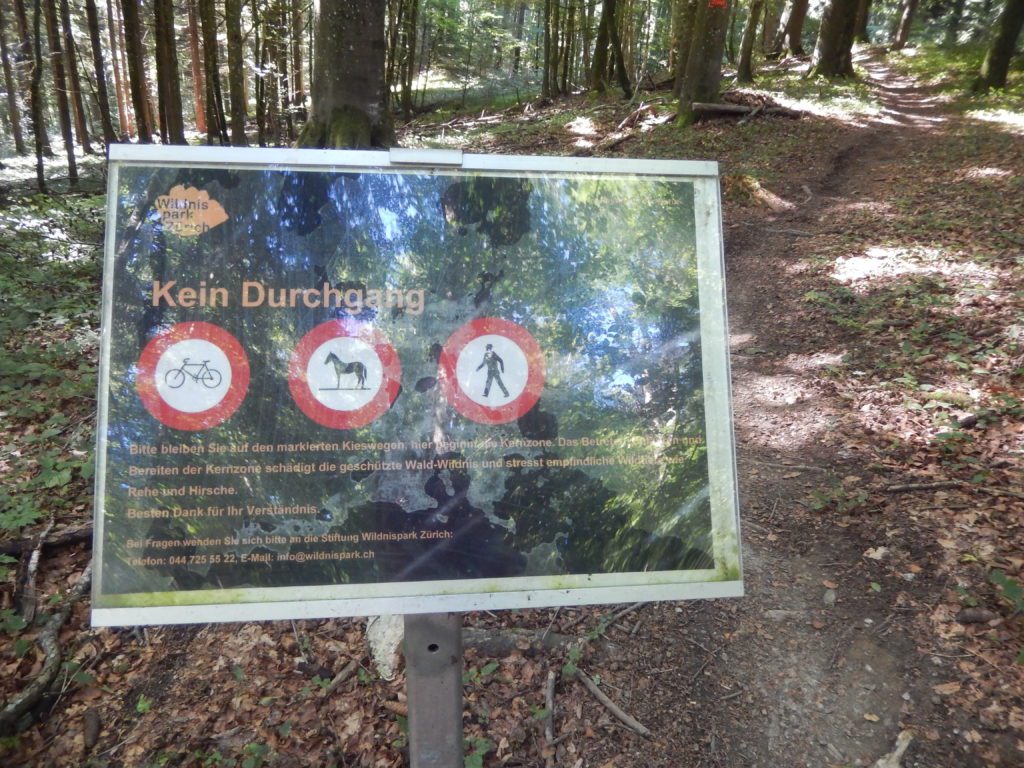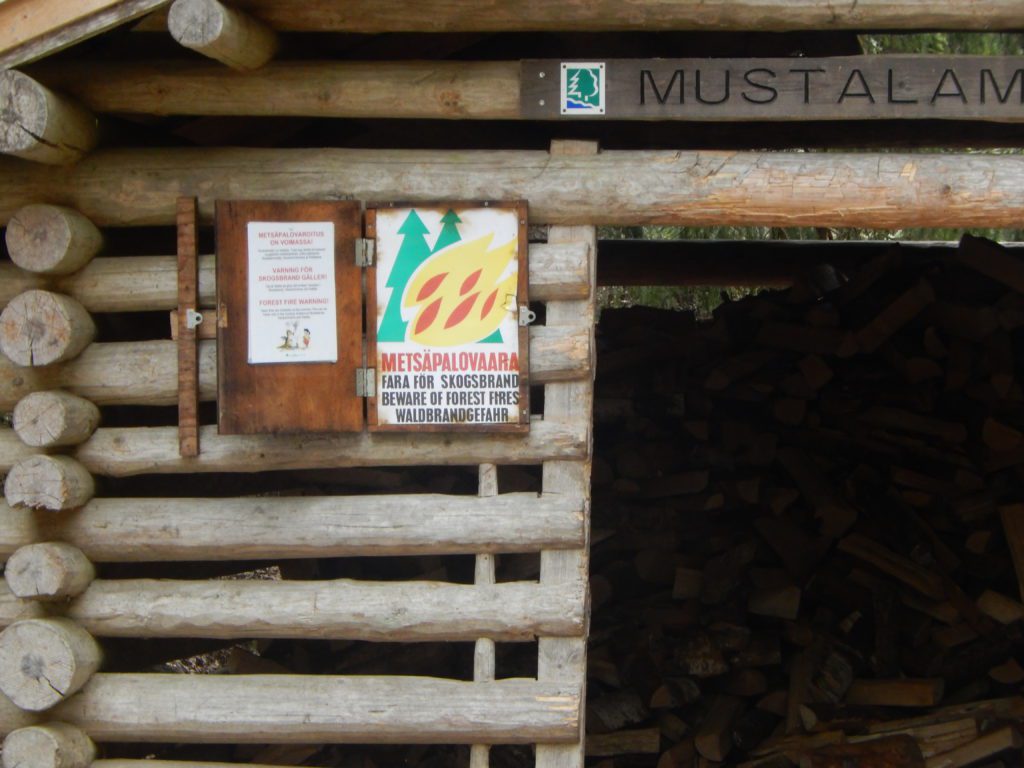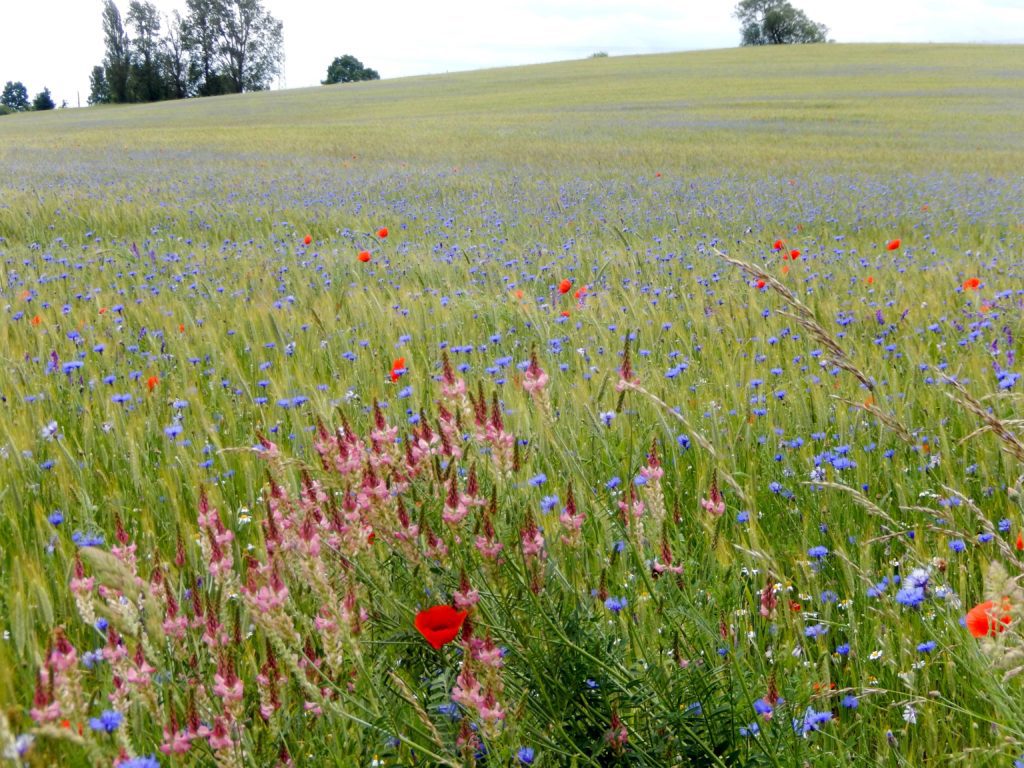Coastal Dunes and Sandy Beaches Workshop ’18- Save the Date!
Thy National Park, Denmark - Hanstholm
Save the Date – Coastal Dunes and Sandy Beaches International Workshop
12 to 14 June 2018 – Dunkirk (France)
Within the framework of the LIFE+FLANDRE project, the Agency of Nature and Forest (Flemish Authority) and the Université du Littoral Côte d’Opale will organise an international workshop on coastal dunes and sandy beaches management and restoration. You will be able to experience dune restoration in real life, network with colleagues, and discuss opportunities for further collaboration.
About the LIFE+ FLANDRE international workshop
LIFE+ FLANDRE – Flemish And North French Dunes Restoration (LIFE+12 NAT/BE/000631/FLANDRE) is a joint nature project of the Agency for Nature and Forests of the Flemish Authority, the Conservatoire de l’Espace littoral et des Rivages lacustres and the Département du Nord that aims at protecting and managing the coastal dunes between Dunkerque (France) and Westende (Belgium) as a cross-border nature park. The project is co-financed by the European Union through the LIFE+-programme.
Within the framework of this project, the Agency of Nature and Forests and the Université du Littoral Côte d’Opale organise an international workshop “Management of coastal dunes and sandy beaches” in Dunkirk (France) from the 12th until the 14th June 2018 (add to your agenda, ics-file).
The language of the workshop is English, but in the parallel discussions French is also allowed. During the parallel discussion groups and the excursions translation from English to French and from French to English will be provided.
Who should attend?
- Nature managers active in coastal dune and sandy beach management (public agencies as well as non-governmental nature conservancies)
- Managers of coastal defence systems (against marine floods)
- Civil servants, decision-makers and elected politicians from local authorities (dealing with environment, nature, urban planning, …)
- Researchers interested in coastal dunes, sandy beaches, coastal defence systems, nature-based solutions, transnational cooperation, …
- Decision-makers and politicians interested in restoration and management of sandy beaches, coastal dunes, nature-based coastal defence systems, transnational cooperation, …
- European civil servants active in nature conservation, nature-based solutions, coastal defence, …
- European umbrella organisations active in nature conservation, …
- Staff involved in LIFE, Interreg, and other projects on restoration and management of coastal dunes and sandy beaches
- Students in ecology, geomorphology, hydrology, management of coastal dunes and coastal defence
Aims of the workshop
The workshop will focus on:
- the implementation of the recommendations of the Natura 2000 Biogeographical Process Seminars for Coastal Dunes in the Atlantic Region, including the Coastal Dunes Roadmap, and the meaning of the LIFE instrument for this purpose
We consider the following process objectives of this workshop:
- Networking and sharing knowledge between administrators, policy makers and scientists in a convenient way
- Networking and sharing of knowledge between past and ongoing nature restoration projects (LIFE, LIFE+, Interreg) with an extra-focus on cross-border or transregional projects;
- Stimulating the emergence of new cross-border nature partnerships
Topics
- The impact of climate change and atmospheric nitrogen deposition on the dynamics of beaches and coastal dunes, especially on sedimentation, sand drift and the phreatic groundwater regime
- The impact of climate change on the conservation status and the geographical distribution of coastal habitats and plant and animal species, including bird species as well as on the appearance and spread of invasive alien species in coastal dunes and on beaches
- Sea-level rise: consequences for coastal defense and conservation and opportunities for the integration of coastal defense and nature development (synergy between coastal defense and conservation)
- Current and finalized LIFE Nature projects in relation to the implementation of the recommendations concerning “coastal and dunes” and the “cross border issues” of the Atlantic Natura 2000 biogeographic seminars of 3-5 December 2012 at Bergen (Netherlands) and of 25-27 October 2016 at Ennistymon (Ireland), and more specifically on the Coastal Dunes Roadmap. Examples of transnational cooperation in function of cross border Natura 2000 – sites
- Significance of spatial fragmentation and (restoration of) connectivity for habitats and species
- Ecosystem services of beaches and coastal dunes: coastal defense, fresh water reserve, quality of life, reservoir of genes, asset for recreation and tourism …
Location
The workshop is situated in Dunkirk (Dunkerque, northwest France). This proximity to the project area and the maritime character of Dunkirk, make this city the ideal location for the workshop.
- Workshop location
The workshop takes place in the buildings of the Université du Littoral Côte d’Opale: bâtiment des Darses, 189 B avenue Maurice Schumann, 59140 Dunkerque (France) (map). - Accessibility
Dunkirk is located at 15 km west of the French-Belgian border. Dunkirk is easily accessible by train or car. Each hour busline 2(B) of DK’Bus Marine connects Dunkirk with the Belgian railway station of De Panne in 45 minutes (price: 2,40 Euro, ticket can be purchased on the coach), from where there is a train to Brussels and Brussels airport. IC-, Thalys-, Eurostar- and TGV-trains connect Amsterdam, Rotterdam, Antwerp, Paris, London and Brussels with Lille (or Calais), where there is connection to Dunkirk with local trains. Highways connect Dunkirk with Brussels (E40, 160 km, 1h45 drive) and Paris (A1&A25, 300 km, 2 hours’ drive). A ferry connects Dunkirk with Dover. Detailed information on how to reach Dunkirk will be provided to the registered participants. - Hotels
There are several hotels (in different price ranges) available within walking distance of the conference venue. A list will be made available to the participants.
Important dates
- January 2018: preliminary programme online
- March 2018: selected abstracts announced
- 5 May 2018: deadline for registration
Registration fee
The registration fee for the workshop is 75 EUR (excl. 21% VAT). This includes include access to all sessions, coffee breaks, a day excursion, 3 lunches and 2 diners.
For more information, visit www.natuurenbos.be/FLANDRE-international-workshop.
Contact Dunes-2018-LIFE @ bosplus.be
Pre-registration https://ec.europa.eu/eusurvey/runner/Pre-registration_LIFE-FLANDRE
Visitor behaviour & connection to nature: a study tour in European Protected Areas
Photo by Bryony Slaymaker
Visitor behaviour and best practice visitor services in European protected areas
Article issued by Bryony Slaymaker
Every year, the Alfred Toepfer Natural Heritage Scholarship (ATS) supports the work of young conservationist in protected areas across Europe. Bryony was one of the winners of the Scholarship in 2016.
Does connection to nature lead to pro-environmental behaviour?
The objective of the study was to explore visitor services in European protected areas and methods of visitor behaviour management for the purposes of nature conservation. Additionally, a visitor survey explored the connection to nature and attitudes to pro-environmental behaviour amongst visitors to protected areas.
I visited six protected areas across Estonia, Finland, Germany and Switzerland, in addition to my local site (and place of work) in England, during the busy summer period, spending time with frontline staff and meeting visitors.
During the study tours, I had the privilege of exploring several protected areas located close to urban centres, spending time with staff, visitors, junior rangers and school groups learning about best practice within visitor services across these very different areas. This study was possible thanks to the Natural Heritage Scholarship, generously provided by the Alfred Toepfer Stiftung F.V.S together with the EUROPARC Federation.
Protected areas have a pivotal role to play in protecting biodiversity but also providing opportunities for people to experience nature.
Recreation opportunities can be a major ecosystem service, can provide funding streams and, when well managed, promote conservation and wildlife protection. However, managers of protected areas have difficult trade-offs to make to ensure biodiversity is protected but people have the opportunity to enjoy and explore these areas responsibly and build their connection with nature.
The results of my survey showed that pro-environmental behaviour increases with reported connection to nature; however, the correlation is weak and this is clearly not the only predictor of behaviour.
There are many other factors that are proven to influence how someone ultimately chooses to behave. Therefore, Rangers and Protected Areas staff have a responsibility to facilitate pro-environmental behaviour within protected areas and there are many fantastic examples of this:
- publicised codes of conduct
- good recycling provisions
- public transport links
Besides, coordinated efforts, governmental support and sufficient funding are essential to facilitate pro-environmental behaviour and secure the future of protected areas for both people and nature.


What methods can we use to communicate with visitors and facilitate pro-environmental behaviour in protected areas?
From a wider environmental perspective, connection to nature and education is a vital step towards ensuring people engage with pro-environmental behaviours and lifestyle changes that are necessary to mitigate habitat loss, climate change and wider environmental issues.
Dedicated and passionate professionals work across protected areas to protect nature and inspire people. I was inspired by the enthusiasm and expertise of staff as well as the pioneering methods used across sites; for example, the I-ranger app used in Switzerland to record visitor interactions and the Biosphere brand developed in Germany to incentivise sustainable production within the protected area.
Donwload the full REPORT_Visitors in European protected areas
The scope of this study was relatively narrow and further research in this area is essential to widen our understanding of visitor behaviour. Additionally, comparative studies with non-visitors could help staff managing protected areas to better understand how to widen participation and which methods are most effective to promote connection to nature and facilitate pro-environmental behaviour both within protected areas and beyond.

“The Future of Food and Farming” EU Commission launches Communication
Photo by Skitterphoto on Pixabay
Two days ago, 29th November 2017, the European Commission presented its Communication on the Common Agricultural Policy post-2020: “The future of food and farming”.
Preparatory to the release of this communication, in February this year, the Commission ran a three-month consultation process, resulting in over 320.000 replies from NGOs as well as from individuals. Core demands identified were that
a future CAP shall ensure that efforts for environmental protection and ways to combat climate change must be set as key foci for agricultural innovation
while at the same time supporting farmers in maintaining a fair standard of living.
The Commission Communication faces heavy criticism to be falling short to promote increased, long-term sustainability and environmental NGOs call on the Institutions to put a transitioning towards more sustainable farming models across European agriculture at heart of the upcoming legislative proposals.
EUROPARC will soon release the position of European Protected Areas regarding the Common Agricultural Policy, and provide the EU Commission views and inputs for communication the recently launched.
